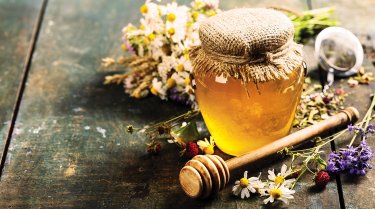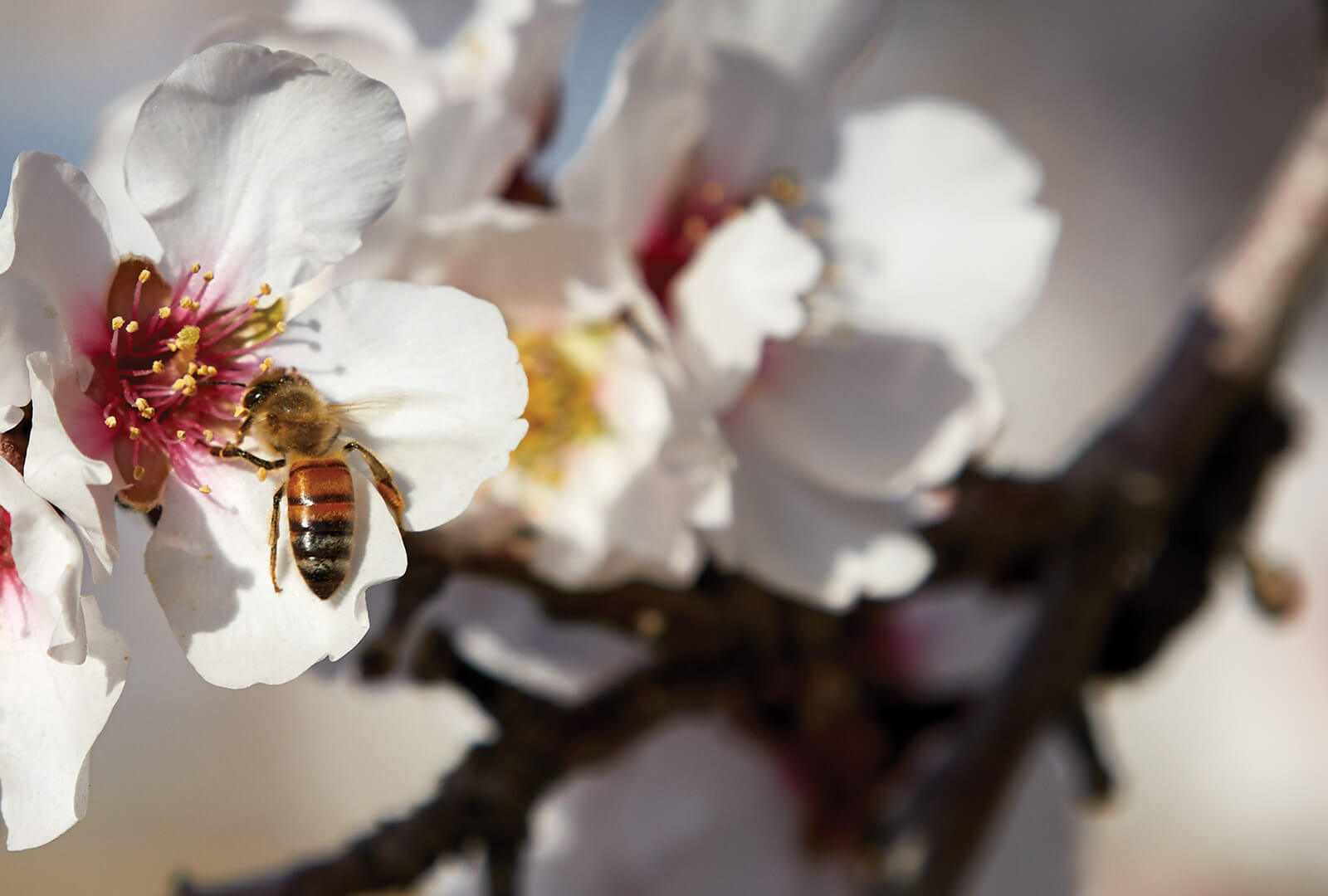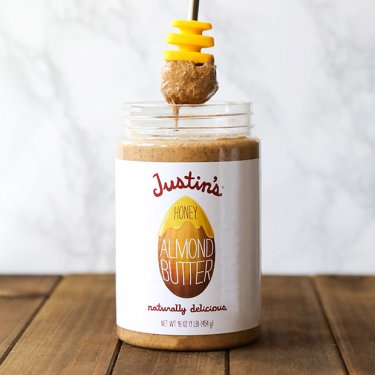Almonds are not self-pollinating. They require cross-pollination between different varieties, so orchards are planted with multiple almond tree types in alternating rows. Honeybees and other pollinators move pollen between these trees and within flowers in order to pollinate almond blossoms, which, when fertilized, become the almonds we love.
However, that perfect pastoral image may be at risk.
Pests, pathogens, poor forage and pesticides have had their way with pollinators. The problem is serious and poses a significant challenge that we need to address to ensure the sustainability of our food production systems, avoid additional economic impacts on the agricultural sector and protect the health of the environment.
Why is this topic so important to our Earth and our future? Albert Einstein has been quoted as saying, “If the bee disappeared off the surface of the globe, then man would have only four years of life left.” And let’s face it, Einstein was a smart guy.
Honeybees are a critical element of our food supply. Without them, we would see a devastating decrease in healthy foods like fruits and vegetables. If you’re not into those things, think about this: Even coffee beans require honeybees for pollination.
BEE-POSITIVE Changes You Can Make
Want to help? There are a series of things you can do.
Start by asking yourself if you can become a beekeeper. It all depends on your living situation and home life, of course, but basically, anyone can start keeping bees.
If you decide to go for it, the first step is to get some bees. You’ll need to decide whether package bees, nucs, catching a swarm or buying an already started hive is the right choice for you. Each has pros and cons, so do the research. There are courses online and offline and several how-to articles around. Contact local beekeeping associations. They’ll appreciate the support and will probably be glad to give you some advice.
In fact, beekeepers love to buzz about with kindred spirits — aka other beekeepers. That being said, they’ll assure you there’s no single way to keep bees. In fact, beekeepers like to argue (with love, of course) about the best methods. Let this be a comfort: You don’t have to be perfect, and there’s no one right way or wrong way. You BEE you.
Beekeepers will also tell you the personality of every hive of bees is different. You never know what you’re going to get, which is kind of fun but a little risky. There are hyperactive bees, aggressive bees, polite bees, dancing bees, mean bees, cute bees, even funny bees. Think of them as family members; you can’t choose them, you just love them.

If beekeeping at home feels out of reach, you can still get in the game by planting native plants and eliminating chemicals that hurt pollinators from your gardens so bees can live and pollinate. You can talk to friends about the environmental issue at hand, prep yourself to speak at schools and throughout your community, and host homemade honey taste tests in your kitchen or at local events. By all means, buy honey — for yourself and all your family and friends — from a hardworking (and local) beekeeper.
If you’re inclined to make a financial contribution, consider one of the nonprofit organizations that is championing pollinators. Justin’s supports the Xerces Society, a recognized international leader in pollinator conservation.
Justin’s supports its national programs, including the restoration of 400,000 acres of wildflowers, the training and educating of more than 70,000 pollinator conservationists and the strengthening of pesticide bans across the country.
Closer to home, Justin’s has teamed up with the People and Pollinators Action Network. The group provides funding for pollinator habitats and campaigning for pollinator-friendly policies in Colorado. Justin’s helped with the installation of the first local pollinator garden and provided funds for scholarships and classroom visits for more than 800 children who will learn about pollinator conservation, in partnership with Growing Gardens.
It’s about increasing awareness by creating a scalable and impactful program.
The team at Justin’s wants to lay a foundation for a more sustainable future and a healthier food system.

